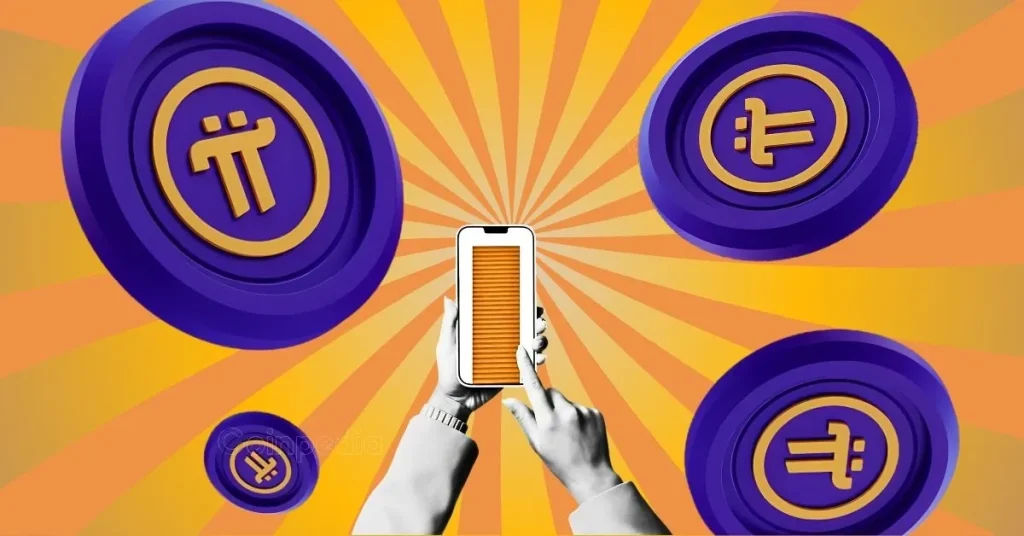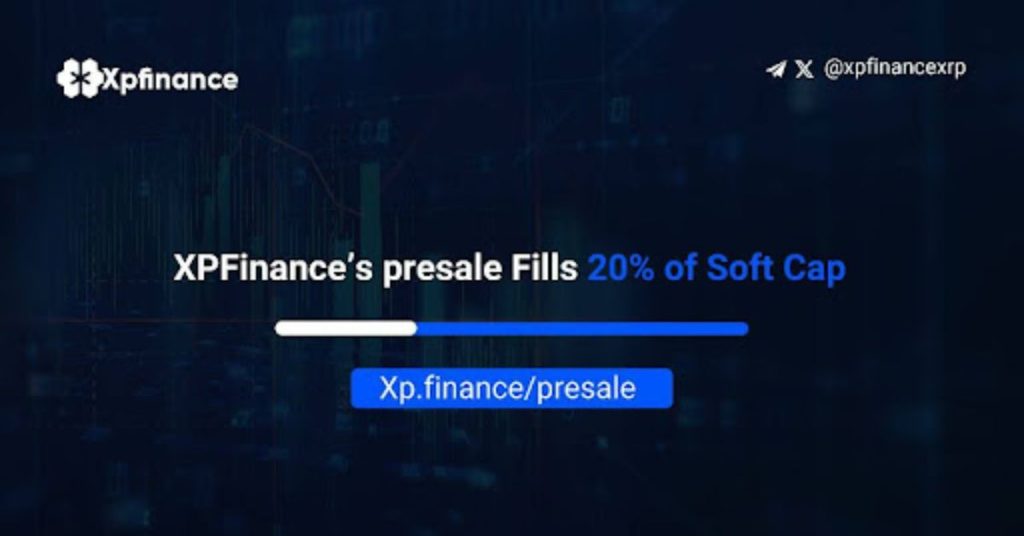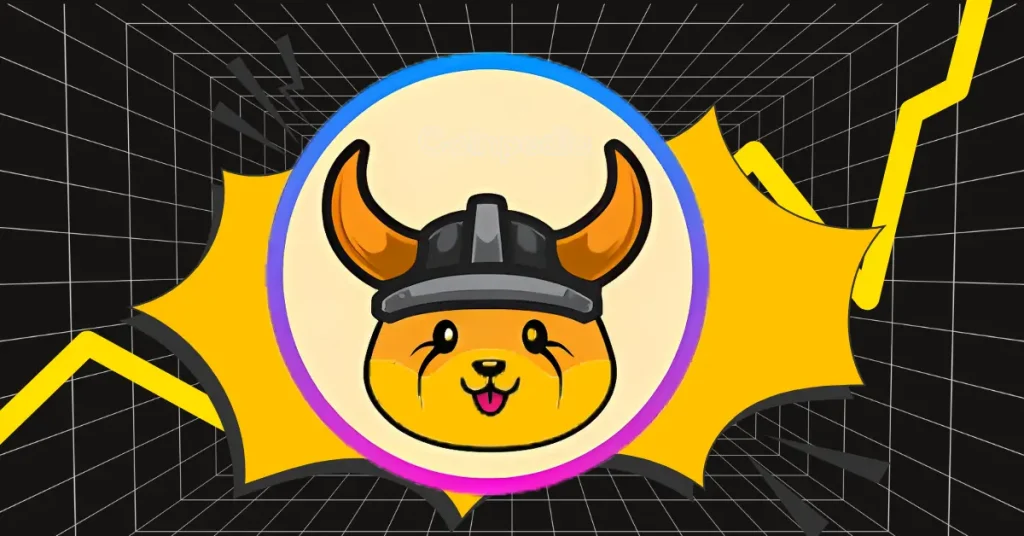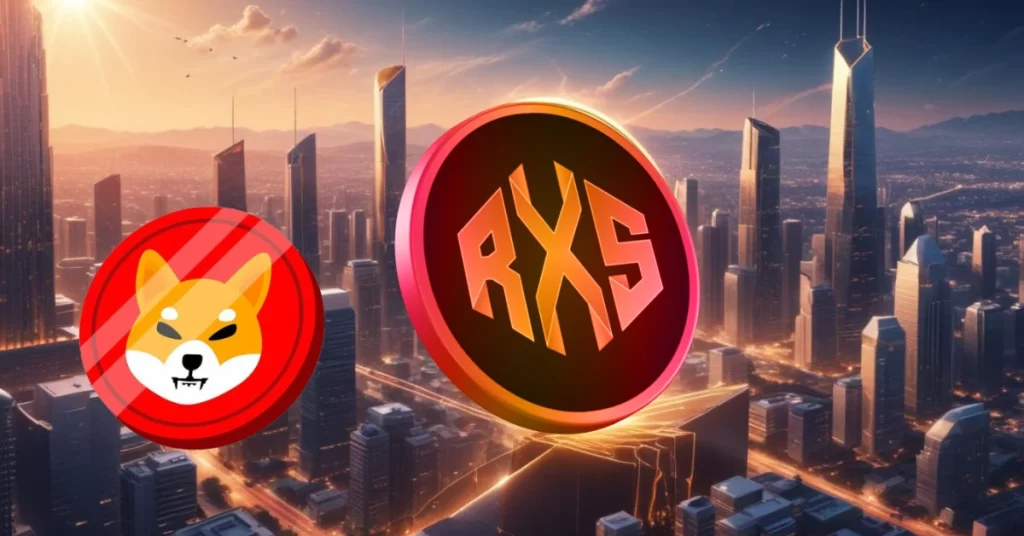Pi Network Faces Centralization Power as Vietnam Dominates Its Node Activity



The post Pi Network Faces Centralization Power as Vietnam Dominates Its Node Activity appeared first on Coinpedia Fintech News
The Pi Network was built to be a global, decentralized project that gives power back to the people. But right now, it’s facing a serious challenge, too much of its network is controlled by one country. At the heart of the issue is Vietnam, which now hosts nearly half of all Pi Network nodes, raising flags about the fairness and long-term resilience of the project.
Can Pi Network still live up to its promise, or is it slowly turning into something it was never meant to be?
Let’s dive in detail!
Vietnam Hosts Nearly Half of Pi’s Nodes
According to recent data, Vietnam controls 154 out of 319 global Pi nodes, making up over 48% of the network. Even more, 33 of the 76 currently active nodes are in the country.
This means almost half the network depends on one country and that’s risky. If something goes wrong in Vietnam, like internet blocks or new laws, it could cause major problems for the whole network.
Strict Crypto Laws in Vietnam
Adding to the complexity, Vietnam’s legal stance on cryptocurrencies like Pi Coin is far from friendly. The country’s laws don’t recognize Pi as a legal payment option.
In fact, authorities have made it clear that using Pi for transactions could lead to a fine of 50 million VND to 100 million VND (about $2,000 to $4,000) or even face criminal charges.
On top of that, Vietnam’s Ministry of Finance has proposed new rules to allow only licensed institutions to hold and manage crypto. If passed, this could heavily impact local Pi miners and node operators.
Centralization Goes Beyond Geography
The concerns don’t stop with location. According to Piscan, over 60.7 billion Pi Coins (out of 100 billion) are held by the Pi Foundation’s wallets. That’s more than 60% of all the tokens in the hands of the core team.
Even worse, Pi Network has only two validator nodes , and both are owned by the core team. This setup is far from decentralized and leaves little control to the actual users.
The Community Is Getting Worried
Some users are already speaking up. One Reddit user wrote, “So long as the team holds some coins, it will never be decentralized.”
Others have warned about possible insider selling and scam tokens copying Pi’s name to steal data or money.
On March 2, Hanoi City police warned people about risky hype around Pi, especially after it started getting attention on exchanges. Officials said the network is being promoted with “unrealistic promises” and that many people don’t understand the real risks.
If Pi truly wants to be a people-powered network, it must take urgent steps to reduce control from one region and one team.

XRP News: Crypto Investors Rush To XpFinance’s Presale As Over 20% Of Soft Cap Filled, Set To Release Lending & Borrowing Protocol Demo Next Week
The post XRP News: Crypto Investors Rush To XpFinance’s Presale As Over 20% Of Soft Cap Filled, Set ...

Floki Minibot M1 Presale: A Potential Game Changer For Floki Price
The post Floki Minibot M1 Presale: A Potential Game Changer For Floki Price appeared first on Coinpe...

Investors Who Bought into Forbes’ 1700% Shiba Inu Prediction Cut Their Losses as the Meme Coin Tumbles, What’s Next?
The post Investors Who Bought into Forbes’ 1700% Shiba Inu Prediction Cut Their Losses as the Meme C...

